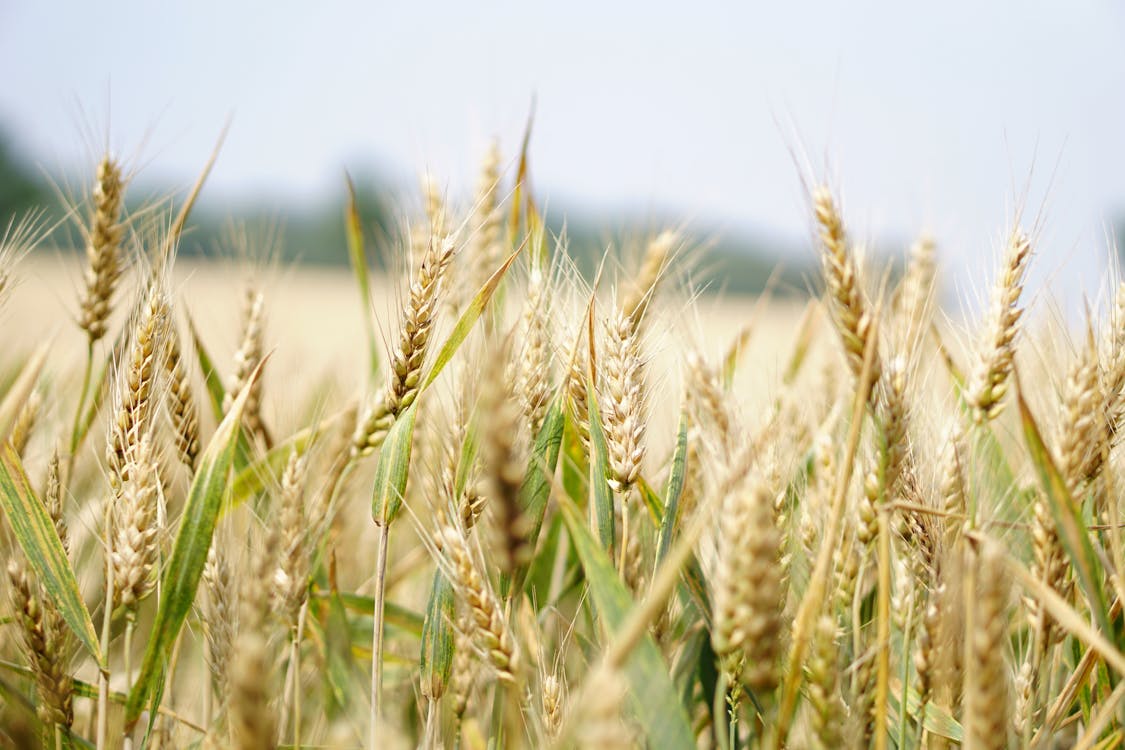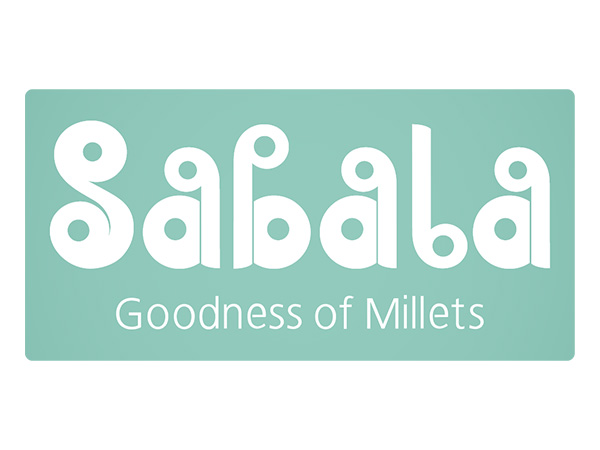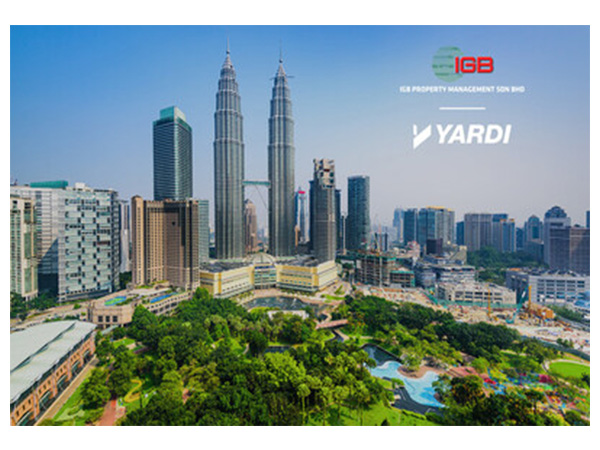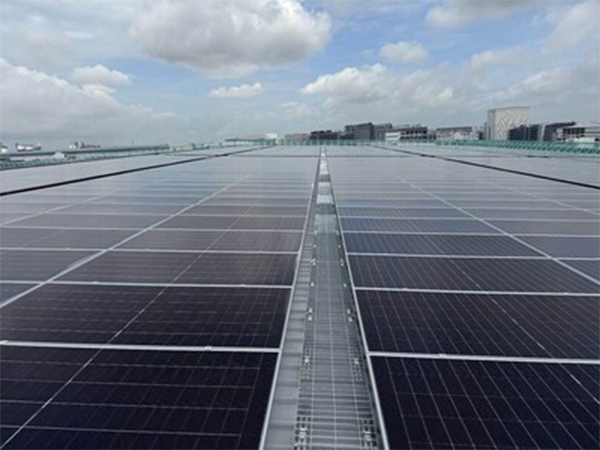G20 backs FAO's Blue Transformation for sustainable fisheries, aquaculture
Sep 14, 2024
Chapada dos Guimaraes [Brazil], September 14: The Food and Agriculture Organisation of the United Nations (FAO) welcomed the inclusion of fisheries and aquaculture and family farming in this year's G20 priorities, emphasising their essential role in global nutrition and livelihoods.
Speaking at the G20 Agriculture Ministers' Meeting in Mato Grosso, Brazil, FAO Director-General QU Dongyu stressed the need for sustainable growth in the fisheries and aquaculture sectors to meet rising global food demand and address nutritional deficiencies, particularly in developing countries.
"The FAO Blue Transformation strategy aims to ensure aquatic food systems continue feeding the world's growing population," he said.
The G20 Agriculture Working Group Ministerial Declaration, agreed upon this week, officially recognised FAO's Blue Transformation Roadmap 2022-2030 as a key framework for achieving long-term sustainability in the fisheries and aquaculture sectors. The declaration also highlighted important FAO instruments, such as the Guidelines for Sustainable Aquaculture, the Guidelines for Sustainable Small-Scale Fisheries, and the Agreement on Port State Measures.
Aquatic foods currently provide more than 3.3 billion people with at least 20 percent of their average per capita animal protein intake, along with critical bioavailable micronutrients. Aquaculture is also the world's fastest-growing food production sector. Aquatic foods support around 600 million livelihoods, and the total first stale value of the sector was a record $472 billion in 2022.
"FAO looks forward to working with G20 members in a Blue Transformation and in the lead-up to the 2025 UN Oceans Conference," he added.
Source: Emirates News Agency








